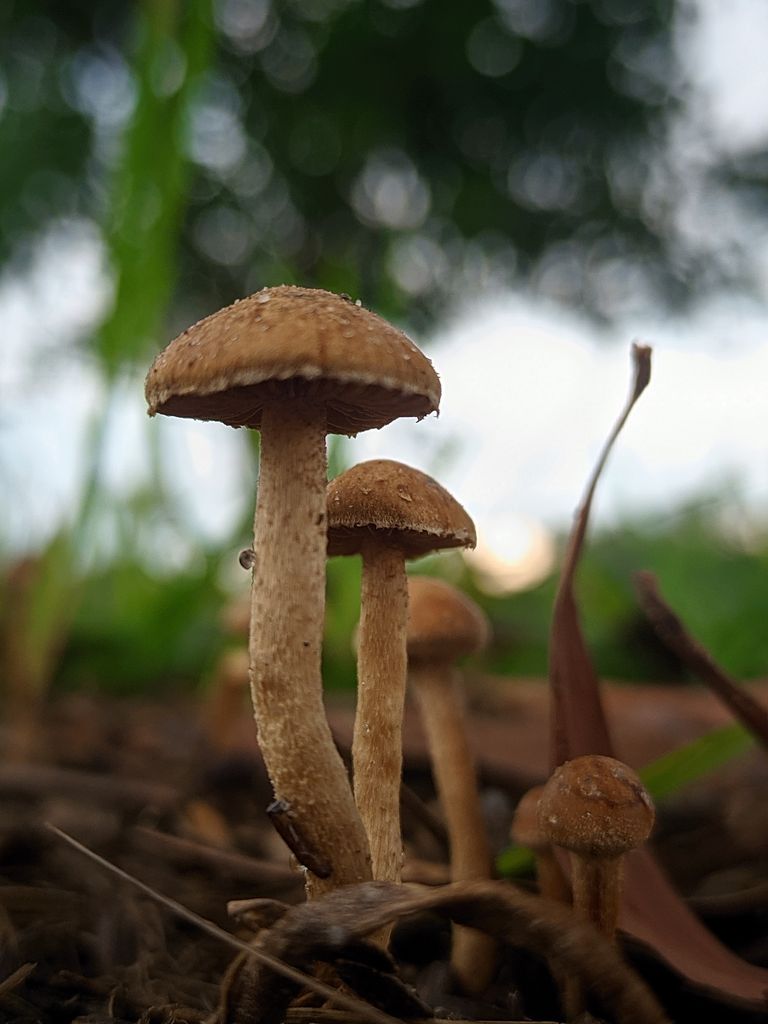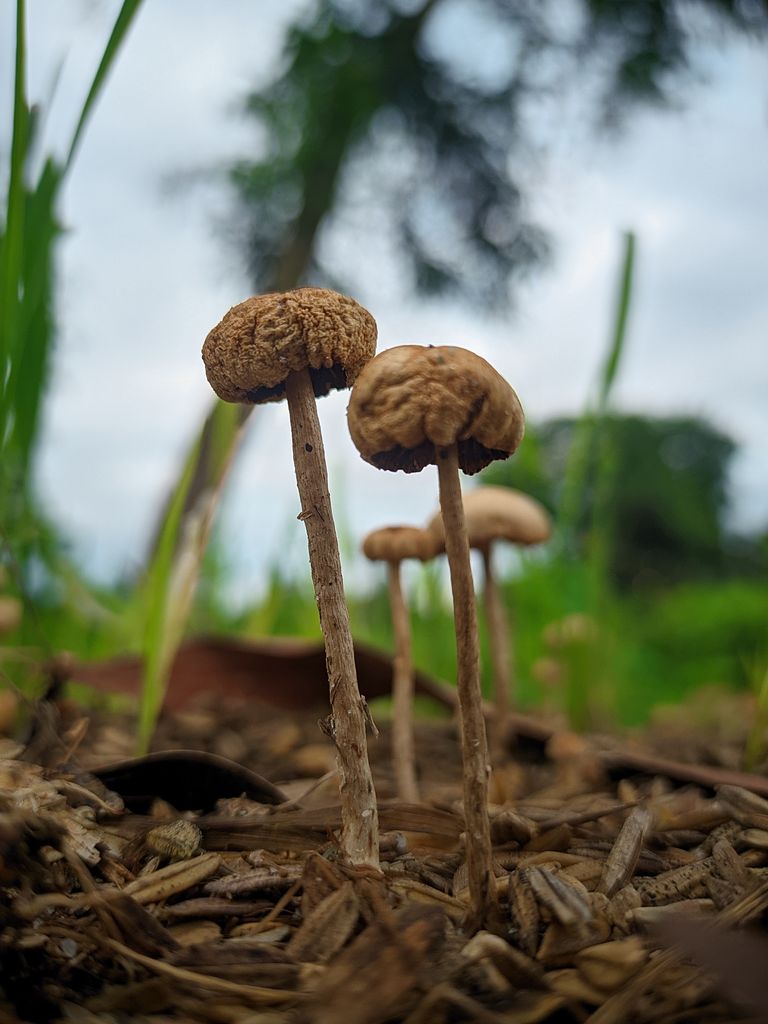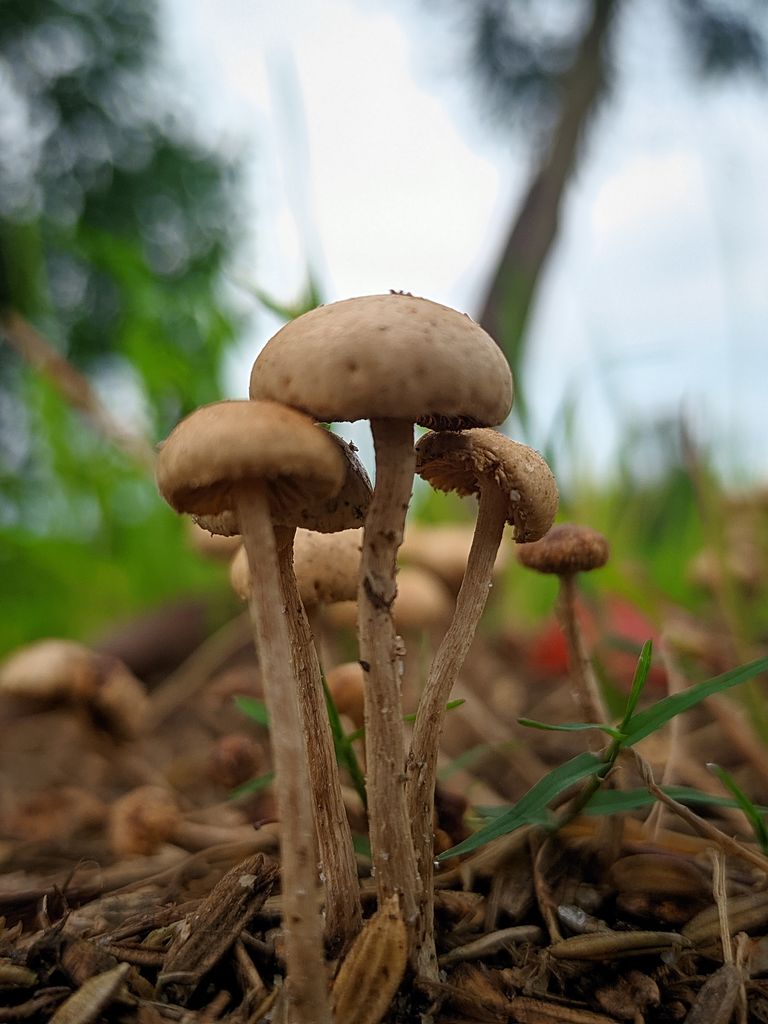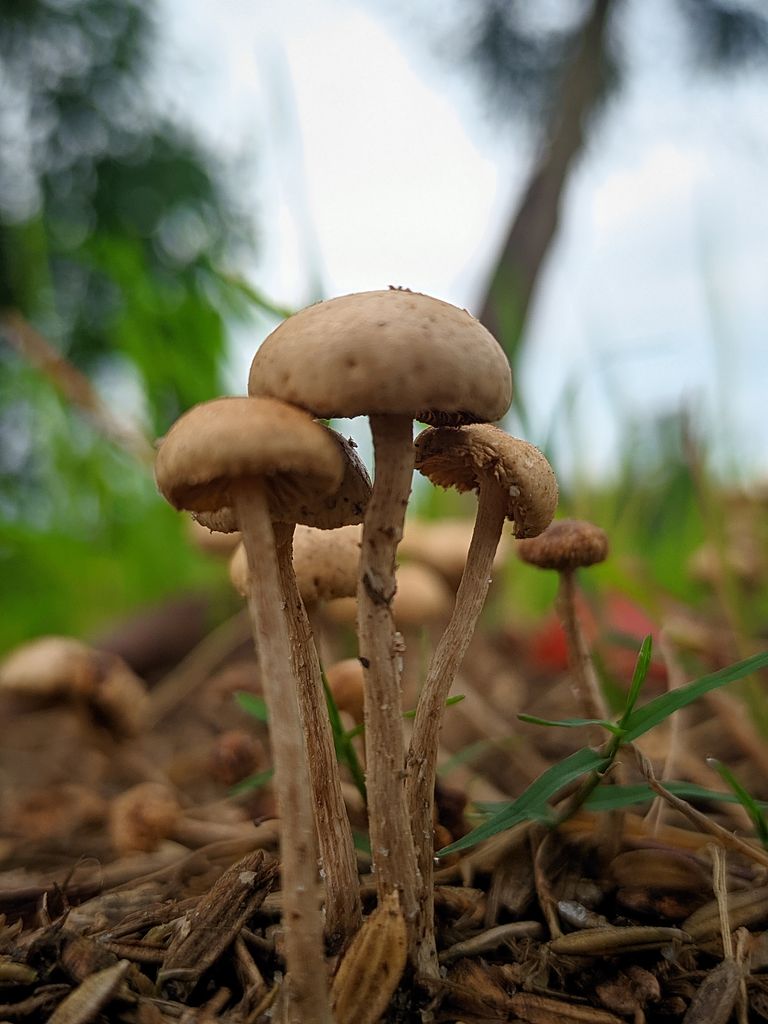| Step into the realm of mushrooms, and you'll find yourself immersed in a world teeming with intrigue, diversity, and enchantment. These fascinating organisms, often overlooked in the natural world, possess an array of extraordinary qualities that captivate both scientists and nature enthusiasts alike. From their intricate structures to their essential ecological roles, mushrooms are not only mysterious and visually appealing but also hold tremendous potential in various domains. Join us as we embark on a journey to uncover the captivating secrets of mushrooms, nature's hidden marvels. Mushrooms have long been associated with an air of mystique and magic. Their fantastical shapes, vibrant colors, and rapid growth patterns evoke a sense of wonder. Many cultures throughout history have regarded mushrooms as symbols of enlightenment, healing, and spiritual connection. The allure of mushrooms has even found its way into folklore and fairy tales, further amplifying their intrigue. Mushrooms play a vital role in maintaining the balance of ecosystems. As decomposers, they break down dead organic matter, recycling nutrients back into the environment. Without mushrooms, fallen trees, leaves, and other organic material would accumulate, hindering the growth of new life. Additionally, many species form symbiotic relationships with plants, exchanging nutrients for sugars in a delicate dance that supports the health and growth of both organisms. Beyond their ecological significance, mushrooms offer a cornucopia of flavors and health benefits. Cuisines around the world feature mushrooms as key ingredients in a wide range of dishes. From savory stir-fries to creamy soups and delicate risottos, mushrooms add a unique depth of flavor and texture to culinary creations. Some varieties, like the prized truffle, have become culinary delicacies sought after by connoisseurs. Moreover, mushrooms possess medicinal properties that have been harnessed for centuries. Certain species contain compounds with antibacterial, antiviral, and anti-inflammatory properties. Traditional medicine has utilized mushrooms for treating various ailments and boosting the immune system. Recent scientific studies are shedding light on their potential in areas such as cancer treatment, mental health, and neurodegenerative diseases, offering promising avenues for future research and innovation. As our understanding of mushrooms deepens, we are beginning to tap into their vast potential across numerous fields. In sustainable agriculture, mushrooms are being explored as natural alternatives to synthetic fertilizers and pesticides. Their ability to break down complex molecules also holds promise in bioremediation, assisting in the cleanup of contaminated environments. Furthermore, the field of mycology is expanding into biotechnology and materials science. Scientists are exploring the use of mycelium, the thread-like structure that forms the main body of a mushroom, to create sustainable packaging materials, building materials, and even leather alternatives. These innovative applications highlight the remarkable versatility of mushrooms and their potential to contribute to a more sustainable and environmentally friendly future. |
|---|




| Mushrooms, often underestimated and overlooked, are nature's hidden marvels. From their magical allure and astounding diversity to their vital ecological roles and myriad of potential applications, mushrooms continue to fascinate and inspire. As we delve deeper into the mysteries of these captivating organisms, we unlock new frontiers of knowledge and possibilities. So, next time you stumble upon a mushroom in the woods or savor its flavors on your plate, take a moment to appreciate the incredible world they represent—a world filled with enchantment, resilience, and untapped potential. |
|---|